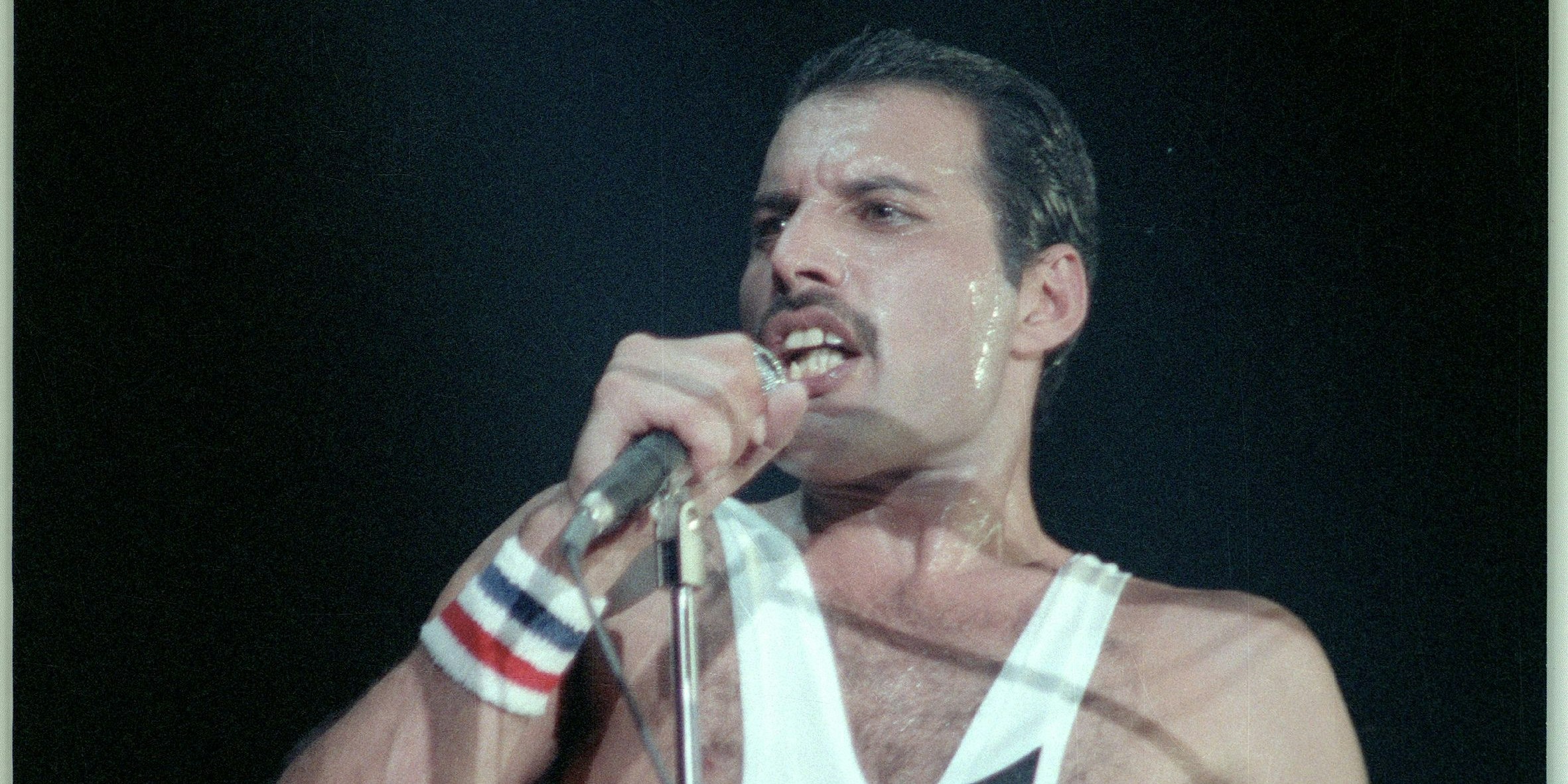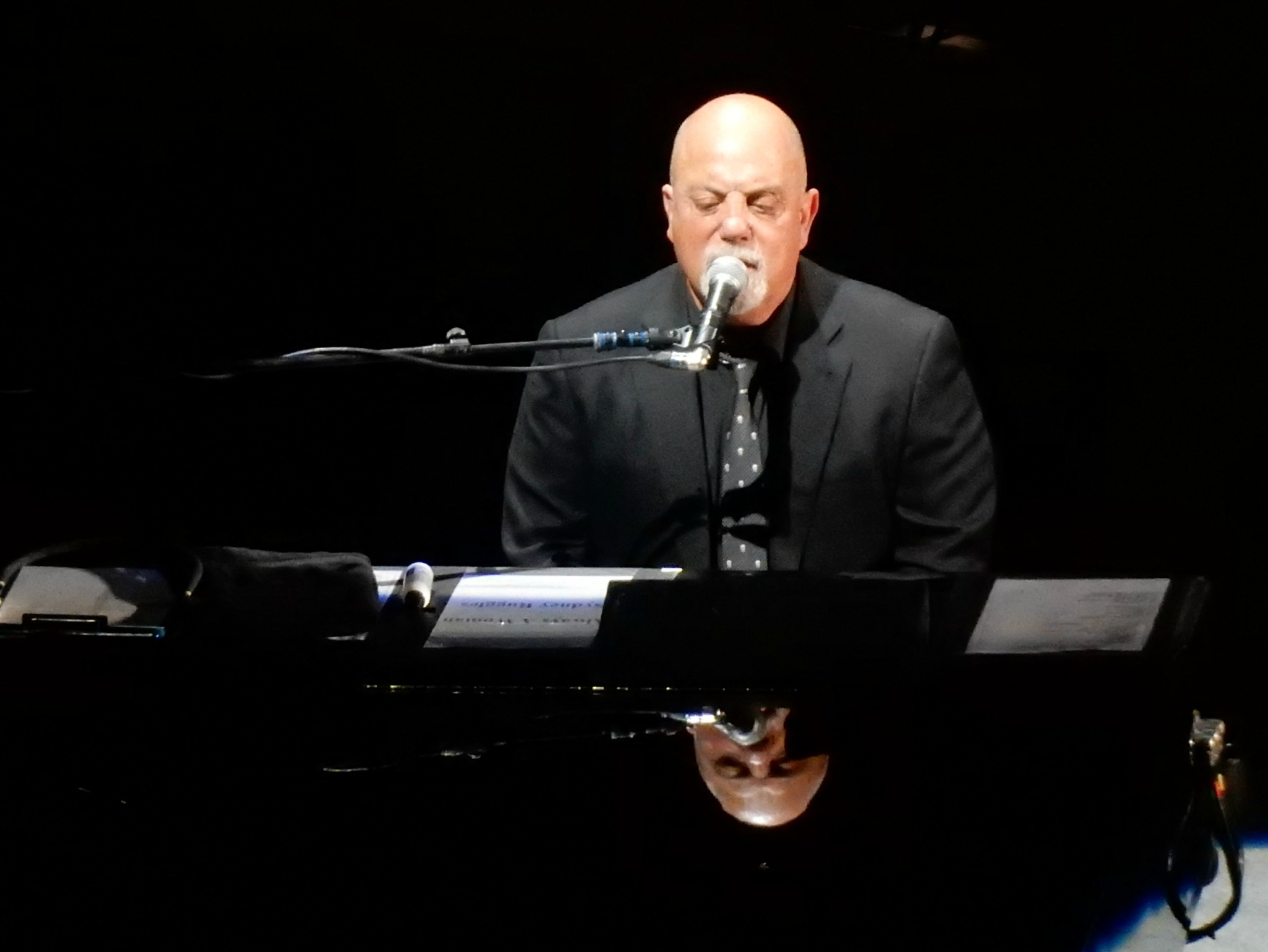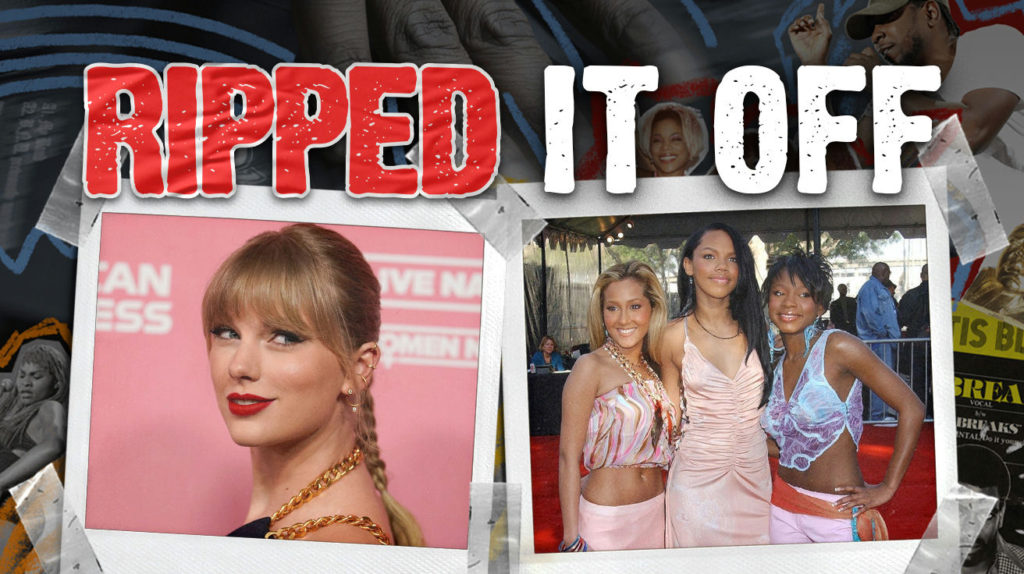
Music ownership disputes are like that weird friend who shows up uninvited to your apartment at 3 AM – awkward, messy, and nobody wants to deal with it. Where exactly does inspiration end and stealing begin? Musicians grapple with this question harder than Taylor Swift trying to decide which ex to write about next.
Copyright law might seem duller than a Kardashian without Instagram filters, but knowing this stuff protects both wallets and reputations. Think of these high-profile cases as the music industry’s version of “Succession” – rich people fighting over who deserves credit while everyone else grabs popcorn and watches the drama unfold. Ready for a tour through melody theft that’s juicier than celebrity gossip? Let’s get into it.
19. Carry On (Lil Nas X) vs. Carry On (Bobby Caldwell)
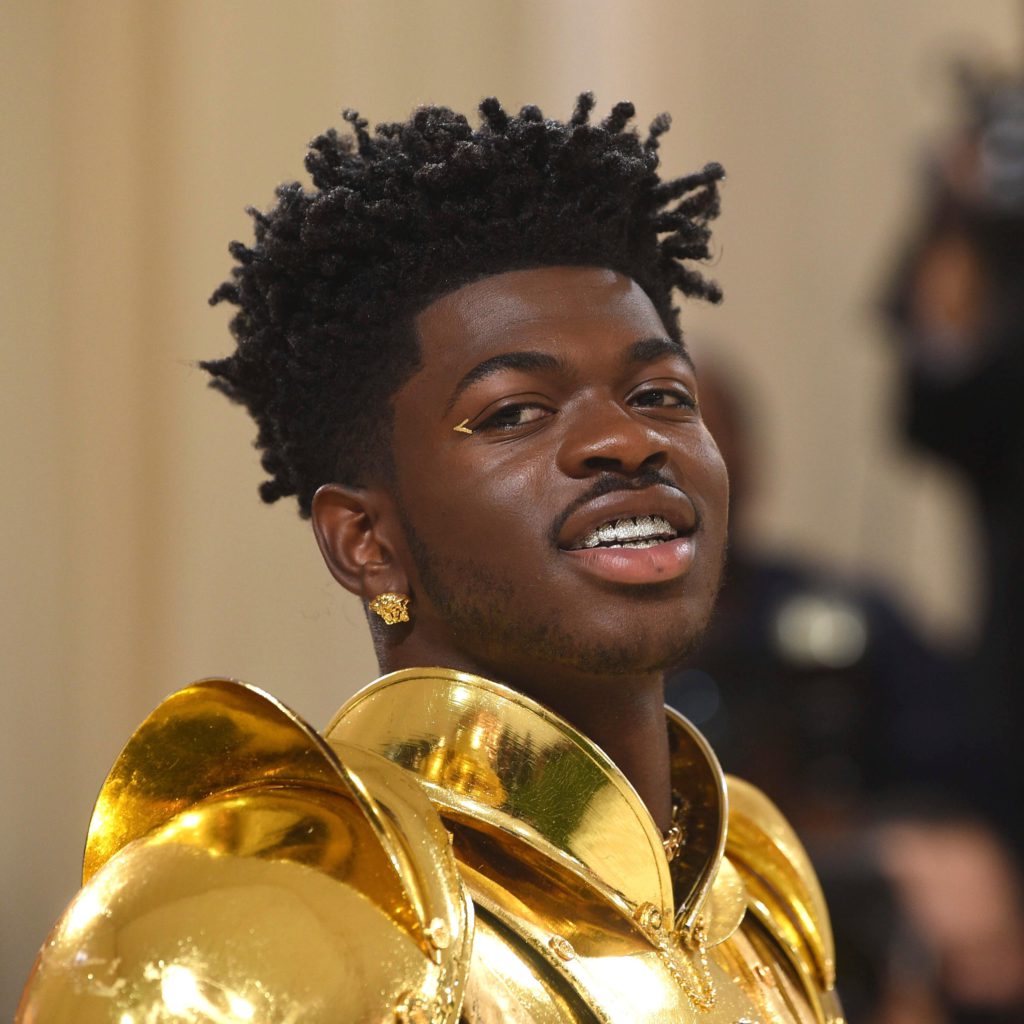
Lil Nas X got slapped with a $25 million lawsuit faster than people abandon their New Year’s resolutions. The 2019 legal drama claimed he yoinked Bobby Caldwell’s “Carry On” without permission – talk about an expensive Spotify playlist.
These two artists have different styles like pineapple and pizza – technically both food but definitely not the same experience. Music experts rolled their eyes harder than teens during a parental lecture, calling the similarities minimal at best. Yet the legal system chugged along anyway.
The case remains unresolved, hanging around like that one person who doesn’t get the party’s over. Meanwhile, copyright claims continue rising throughout the industry – industry reports suggest a significant increase over the past decade. No wonder musicians move through the industry with the caution of someone texting their ex after three margaritas.
18. Safera (Bad Bunny) vs. Get Your Freak On (Missy Elliott)

When Bad Bunny’s “Safera” started sounding suspiciously like Missy Elliott’s work, she handled it smoother than a LinkedIn recruiter sliding into DMs. Instead of unleashing legal hellfire, Missy simply negotiated a sweet 25% royalty deal.
This approach worked better than those couples therapy sessions on “Marriage Boot Camp” – everybody walked away happy. Other songwriters and producers got their slice too, creating a collaboration buffet where nobody went hungry.
The music biz now pushes artists to clear samples like parents telling kids to clean their rooms before company arrives. Being proactive beats getting served papers outside Nobu on a Friday night. Smart artists know proper clearance matters more than their aesthetic Spotify profile pictures.
17. Babe I’m Gonna Leave You (Led Zeppelin) vs. Babe I’m Gonna Leave You (Joan Baez)

Musicians get their work stolen more often than unattended phones at music festivals. A staggering 60% of songs suffer from credit errors. Poor Ann Bredon wrote “Babe I’m Gonna Leave You,” only to watch Joan Baez cover it without credit, then Led Zeppelin rock it without mentioning her either.
Decades passed before Bredon’s name finally appeared where it belonged – arriving later than the final season of Game of Thrones but with a much better reception. The publicity surrounding this credit fiasco brought renewed attention to both versions faster than a Netflix documentary about tigers.
Proper attribution matters more than we think. Without it, original creators vanish from history like socks in a dryer. These seemingly minor paperwork fixes shape how music history gets remembered, which beats having your life’s work credited to some random dude with better hair and louder guitars.
16. Good 4 U (Olivia Rodrigo) vs. Misery Business (Paramore)
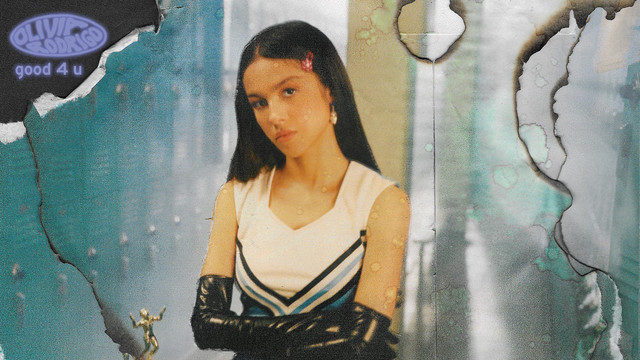
When Olivia Rodrigo dropped “Good 4 U,” fans noticed similarities to Paramore’s hit faster than critics spotting plot holes in “The Bachelor.” The upside? Paramore got recognition. The downside? Rodrigo’s team had to fork over 50% of writing credits – ouch, that’s gonna leave a mark on the royalty checks.
Music nerds analyze these tracks with the intensity of true crime podcast hosts examining evidence. Fan reactions split harder than friend groups after destination weddings – some applaud giving credit where it’s due, while others think it’s as ridiculous as calling pasta and ramen the same dish.
This whole situation has composers walking on eggshells like they’re navigating a group chat after political discussions erupted. The central question remains: when does protecting originality become suffocating creativity? Musicians now worry about accidental similarities more than millennials fear accidentally turning on their camera during Zoom meetings.
15. Shape of You (Ed Sheeran) vs. No Scrubs (TLC)
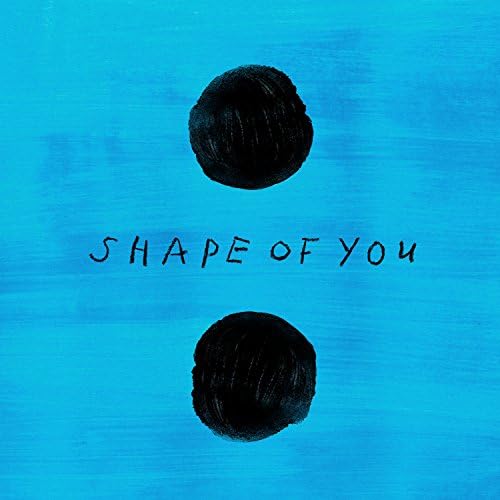
Let’s talk music sampling versus interpolation – one steals the recording outright while the other recreates it like a musical cosplay. Ed Sheeran’s team tried clearing their “No Scrubs” interpolation in “Shape of You” but fumbled harder than a quarterback in the Super Bowl.
Sheeran recreated TLC’s iconic melody instead of sampling it directly, then stumbled through a process messier than a toddler eating spaghetti. Credits needed fixing, agreements required revising, and everyone eventually settled terms like awkward relatives at Thanksgiving dinner.
Here’s a music industry secret: interpolation without clearance protects you about as well as those “free trial” subscriptions you forgot to cancel. Artists who skip proper clearance face penalties that hit harder than reality after deleting dating apps. Planning ahead beats explaining to your manager why half your royalties now belong to someone else.
14. Blurred Lines (Robin Thicke) vs. Got to Give It Up (Marvin Gaye)
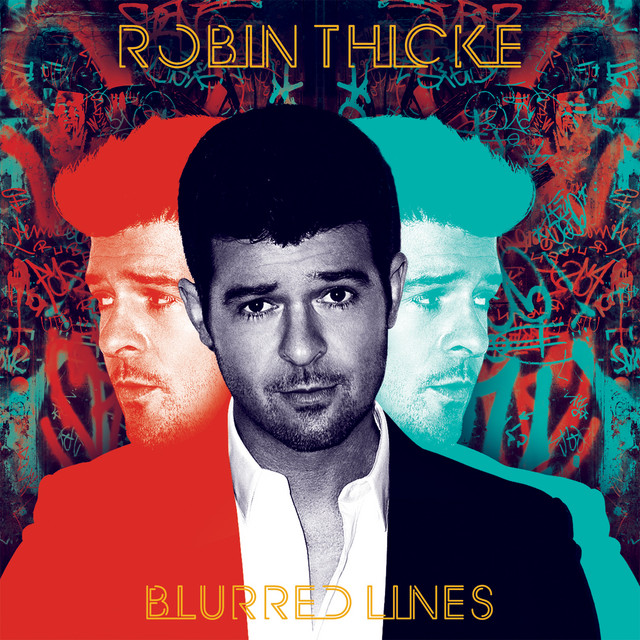
The “Blurred Lines” case proved more controversial than pineapple on pizza. Everyone had opinions on whether this track crossed from inspiration into theft territory. Marvin Gaye’s estate didn’t just think so – they lawyered up faster than celebrities after a PR disaster.
The 2015 verdict slapped Thicke and Pharrell with a $5.3 million bill that rattled the music world like an earthquake at Coachella. The Gaye family lawyers built their case methodically, proving “Blurred Lines” borrowed more than your neighbor who never returns anything.
This case transformed the music industry like plastic surgery transforms reality stars. Artists now tiptoe around influences more cautiously than people navigating political discussions at family dinners. Creating original music while acknowledging influences has become trickier than explaining cryptocurrency to your grandparents.
13. Bittersweet Symphony (The Verve) vs. The Last Time (The Andrew Oldham Orchestra)
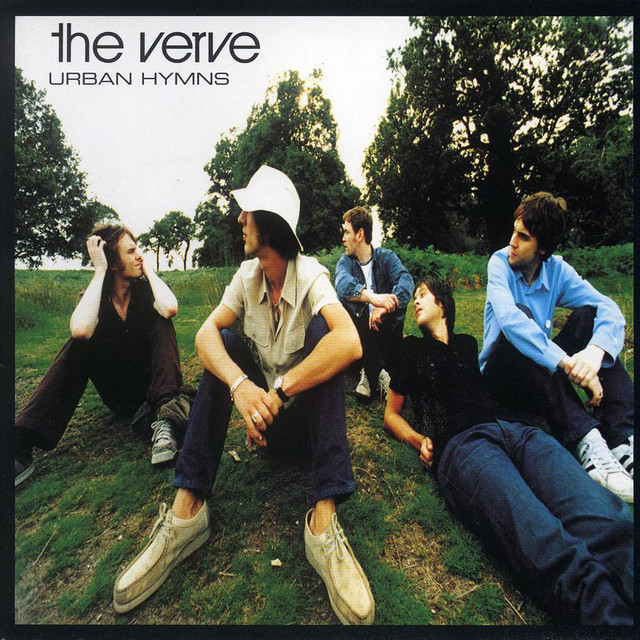
Remember when cover albums were hotter than avocado toast? The Andrew Oldham Orchestra’s Stones covers became the smoking gun in music’s greatest highway robbery. Allen Klein snatched The Verve’s “Bittersweet Symphony” royalties with the ruthlessness of someone stealing the last pizza slice at 3 AM.
Richard Ashcroft finally got his royalties back in 2019 – a resolution arriving slower than internet on vacation. This injustice lasted longer than most Hollywood marriages, becoming the stuff of music industry legend.
Twenty-two years without rightful payment – that’s enough time to raise a child, get them through college, and watch them move back home because they can’t afford rent. This case exposes the music industry’s evolution from total exploitation to slightly-less-terrible exploitation, like upgrading from terrible airplane food to mediocre airplane food.
12. Rapper’s Delight (Sugar Hill Gang) vs. Good Times (Chic)
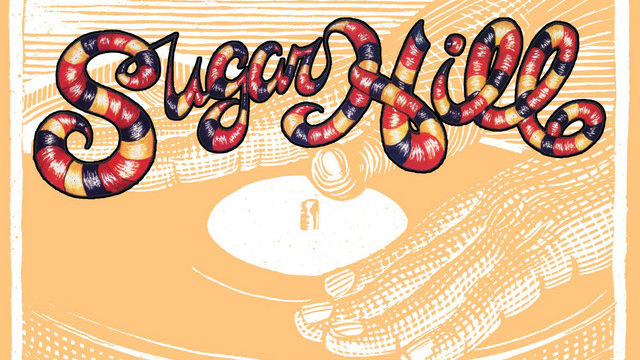
Early hip-hop treated copyright laws with all the respect teenagers give household rules. Sugar Hill Gang grabbed Chic’s music for “Rapper’s Delight” like someone taking the last donut without asking. Nile Rodgers and Bernard Edwards noticed faster than parents spotting new tattoos on their kids.
Their reaction was pure fire – threatening legal action quicker than Twitter users pounce on celebrity gaffes. This forced negotiation talks that progressed with all the natural flow of first-date conversation, eventually securing Nile and Bernard the recognition they deserved.
“Rapper’s Delight” remains iconic while highlighting how early hip-hop navigated sampling like teenagers navigating dating – chaotically and with minimal understanding of potential consequences. Bernard Edwards’ bass playing on “Good Times” deserved protection like Baby Yoda deserves screen time – it’s just that essential to the culture.
11. Ice Ice Baby (Vanilla Ice) vs. Under Pressure (Queen & David Bowie)
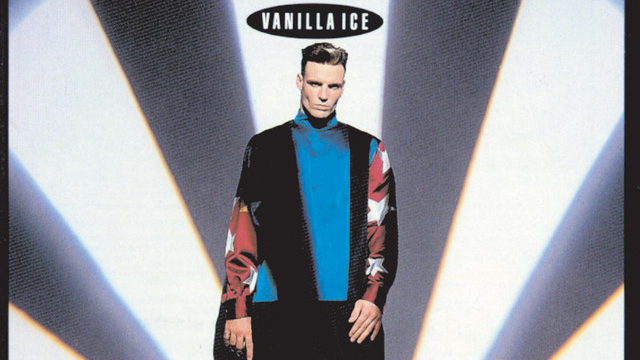
Fame lasts about as long as New Year’s resolutions for most musicians. Vanilla Ice swiped John Deacon’s bass line for “Ice Ice Baby” with the subtlety of someone wearing neon in a library. His success melted faster than ice cream in summer once people recognized the Queen and Bowie collaboration underneath.
Fans discovering this musical theft years later reacted with the shock of someone finding out their favorite reality show is scripted. Vanilla Ice tried explaining it away with excuses flimsier than gas station sushi packaging. Meanwhile, “Under Pressure” maintains its legendary status across decades.
“Ice Ice Baby” now lives in the one-hit wonder retirement home alongside “Macarena” and “Who Let The Dogs Out.” Queen’s legacy towers over Vanilla Ice’s career like skyscrapers over garden gnomes – proving originality outlasts gimmicks the way diamonds outlast plastic jewelry.
10. I’ll Be Missing You (Puff Daddy & Faith Evans) vs. Every Breath You Take (The Police)
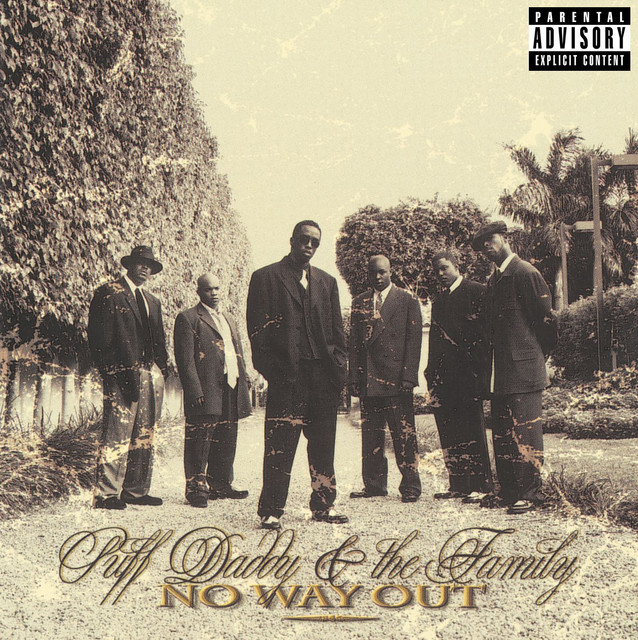
Want to avoid lawsuits? Clear your samples like you clear your browser history before lending someone your laptop. Puff Daddy’s tribute track lifted from “Every Breath You Take” with Faith Evans singing over it. Sting heard it and reacted with the calm, measured response of someone finding their ex dating their best friend.
The legal smackdown resulted in Sting grabbing 100% of publishing royalties – think of it as a very expensive music lesson for Puff Daddy. The Police saw renewed interest in their catalog while Puffy experienced financial pain sharper than stepping on Legos barefoot.
This case screams “get permission first” louder than parents warning teenagers about midnight curfews. The music industry learned that neglecting clearance procedures hurts more than those weird muscle cramps after trying a new workout. Respect intellectual property, folks – unless paying all your money to someone else sounds fun.
9. Down Under (Men at Work) vs. Kookaburra (Marian Sinclair)
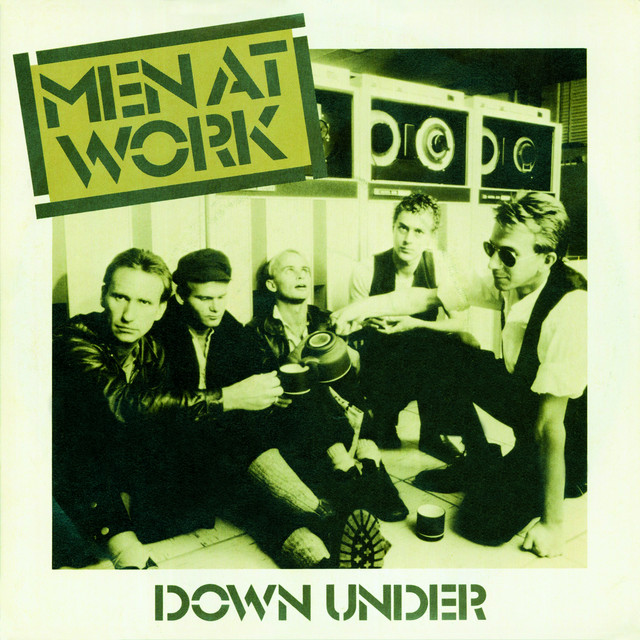
Karma catches up slower than Netflix releases new seasons of your favorite shows. Men at Work borrowed from “Kookaburra,” an Australian children’s tune, then enjoyed worldwide fame with “Down Under” for years before anyone connected the dots.
The musical theft revelation happened on a TV quiz show in the mid-2000s – about as random as finding out your childhood crush married your cousin through Facebook suggestions. Publishers pounced quicker than influencers on free PR opportunities, securing 5% of royalties back to 2002.
This case proves copyright infringement ages like fine wine – the liability only grows with time. Artists thinking they’ve escaped consequences face the same shock as adults realizing those embarrassing teenage photos still exist on ancient social media accounts. Musical success offers zero protection from decades-old sampling sins.
8. Surfin’ USA (Beach Boys) vs. Sweet Little Sixteen (Chuck Berry)
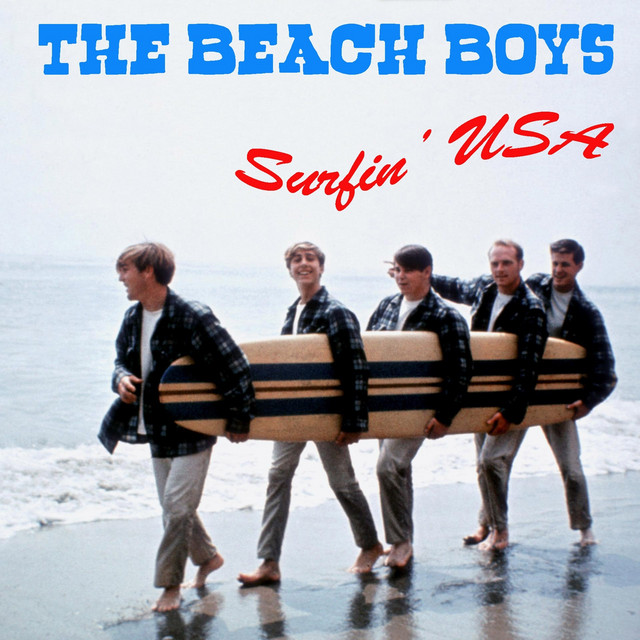
Early rock music copyright resembled the Wild West but with fewer cool hats and more awful business deals. Brian Wilson and Mike Love admitted swiping Chuck Berry’s work for “Surfin’ USA” with the casual attitude of someone “borrowing” Netflix passwords.
Berry eventually got proper credit – arriving just slightly faster than your food delivery when it’s raining. The weird twist? Berry’s own publishing company handled the song anyway, creating a situation more awkward than running into someone who ghosted you at the grocery store.
Both songs remain legendary despite this messy history – like those classic movies you love despite knowing about the problematic behind-the-scenes drama. Berry finally received recognition, proving justice arrives eventually, much like those packages you order then completely forget about until they show up at your door.
7. I Gotta Feeling (Black Eyed Peas) vs. Take A Dive (Brian Pringle)
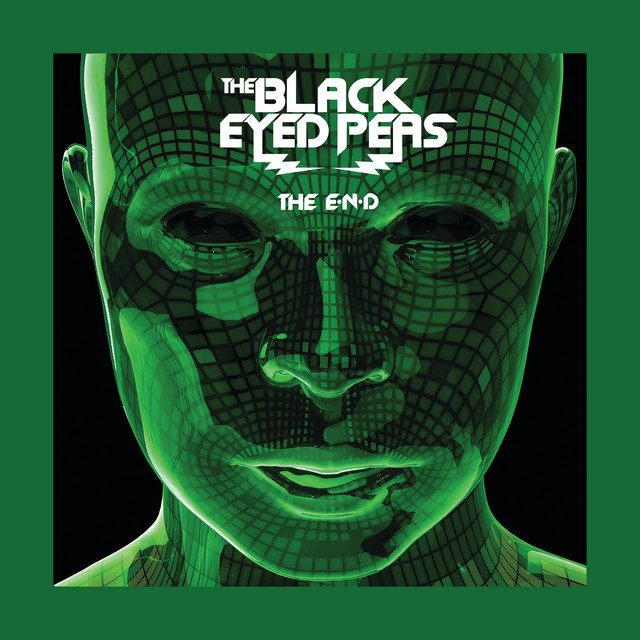
Sometimes song similarities are just coincidences, like showing up to a party wearing the same outfit as a stranger. The Black Eyed Peas faced accusations over their mega-hit sounding like Brian Pringle’s obscure track – a comparison based on relatively minor similarities.
A Wikipedia entry mentioning Pringle complicated things more than unnecessary plot twists in the final season of a TV show. The case struggled to gain traction partly because Pringle had only copyrighted his original version, not the dance mix containing the elements in question.
This situation demonstrates that similar-sounding musical phrases alone hold up about as well as cheap furniture from discount stores. Musicians need evidence stronger than those “you won’t believe what happened next” clickbait articles. Without proof of actual knowledge or access, claims fall apart faster than celebrity relationships.
6. Shake It Off (Taylor Swift) vs. Playas Gon’ Play (3LW)
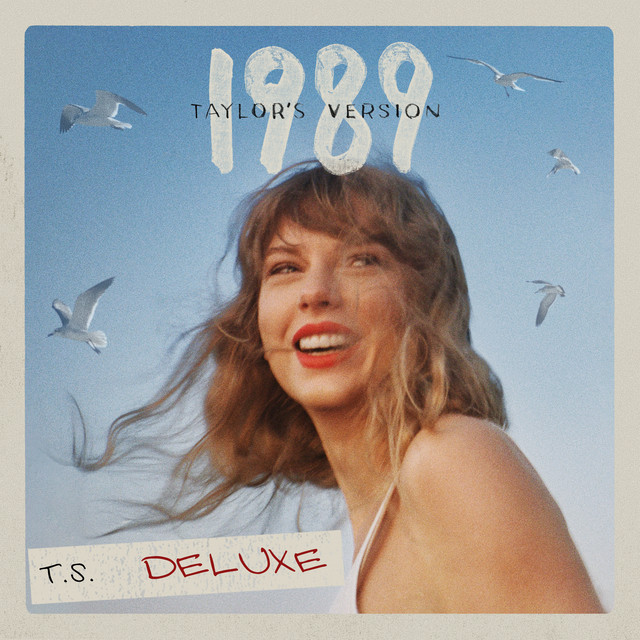
Not all plagiarism cases stick better than Taylor Swift’s red lipstick. When 3LW songwriters claimed Swift lifted lyrics for “Shake It Off,” they brought weaker evidence than contestants on cooking competition shows who’ve “never made this dish before.”
Swift’s reaction to being sued over common phrases had the same energy as someone accused of stealing tap water. The court tossed this case out faster than expired milk, confirming what we all suspected – you can’t copyright everyday expressions any more than you can claim ownership of saying “good morning.”
For copyright protection, music needs originality stronger than that “unique” tattoo five people in your friend group share. Courts demand substantial similarity in protected elements, not just generic phrases that appear everywhere from greeting cards to Instagram captions. Sorry, you can’t copyright “living my best life.”
5. All You Need Is Love (The Beatles) vs. In The Mood (Glenn Miller)
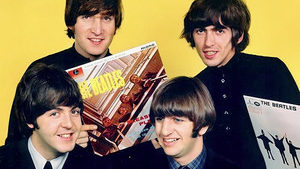
Music recycles styles faster than fast fashion chains copy runway looks. The Beatles dropped Glenn Miller’s big band jazz into “All You Need Is Love” like Gen Z suddenly discovering mom jeans and declaring them revolutionary.
The Fab Four knew exactly what they were doing – sampling Miller’s work for emotional impact that hit harder than reality after a social media cleanse. Sharp-eared listeners caught the reference while recognizing this song represented a cultural shift bigger than the gap between TikTok users and Facebook’s demographic.
This musical choice marked jazz’s fade from radio dominance while crowning rock music as cultural royalty. The Beatles weren’t just making catchy tunes – they were capturing that revolutionary feeling when younger generations realize they can reshape society’s rules. It’s basically the musical equivalent of every teenager ever thinking they’ve discovered rebellion.
4. Crocodile Rock (Elton John) vs. Speedy Gonzalez (Pat Boone)
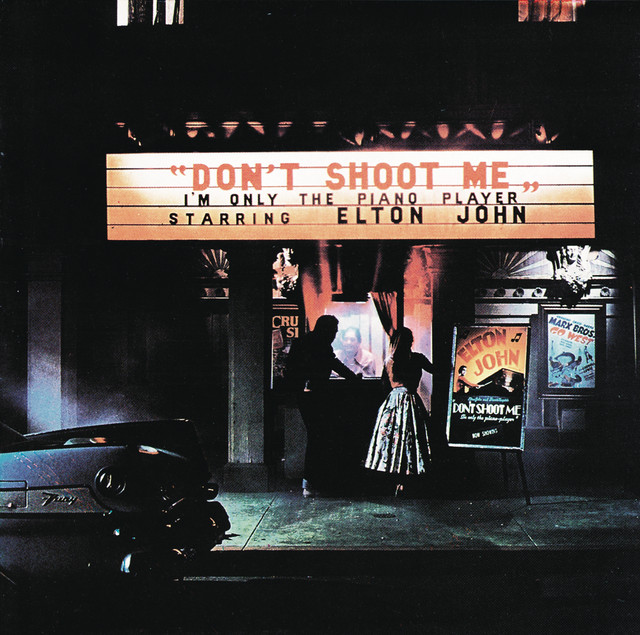
Great music pays homage to past hits like millennials reference obscure memes. Radio listeners jamming to “Crocodile Rock” never noticed its suspicious resemblance to another track – they were too busy pretending to know all the words while actually mumbling gibberish.
Bernie Taupin and Sir Elton openly admitted their tune was nostalgic throwback energy – basically the musical equivalent of Instagram’s retro filters. Two years after topping charts, the “Speedy Gonzalez” composers came knocking like unexpected relatives during holiday season.
The parties settled faster than friends deciding where to eat lunch when everyone’s “fine with whatever.” The secret agreement details remain more closely guarded than celebrities’ actual skincare routines. This case serves as a warning as effective as those dramatic prescription drug commercials – inspiration is fine, but straight-up copying leads to expensive conversations.
3. Dazed and Confused (Led Zeppelin) vs. Dazed and Confused (Jake Holmes)
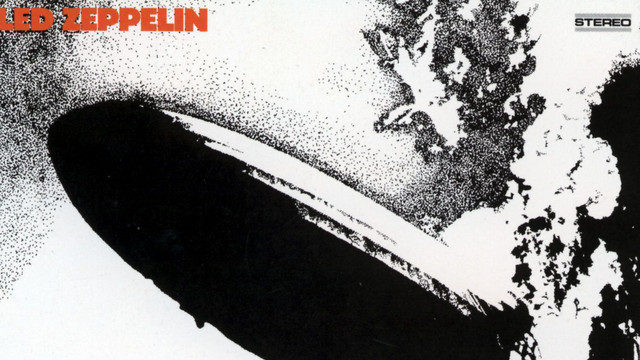
Justice in the music industry arrives with the speed of internet explorer loading a video. Jimmy Page admitted hearing Holmes perform the original song live, then Led Zeppelin “adapted” it like you “adapt” your resume for different job applications – with creative liberties.
Fans argued about this theft with the passion usually reserved for debating whether pineapple belongs on pizza. Modern versions of the song finally credit Jake Holmes, though this resolution took until 2010 – arriving later than people who claim “I’m five minutes away” while still in pajamas.
An alarming number of bands help themselves to others’ material like people at an all-you-can-eat buffet. About 80% of plagiarism claims end in settlements, proving most musicians would rather pay up than face the musical equivalent of those embarrassing texts accidentally sent to the wrong person.
2. Paradise City (Guns N’ Roses) vs. Zero The Hero (Black Sabbath)
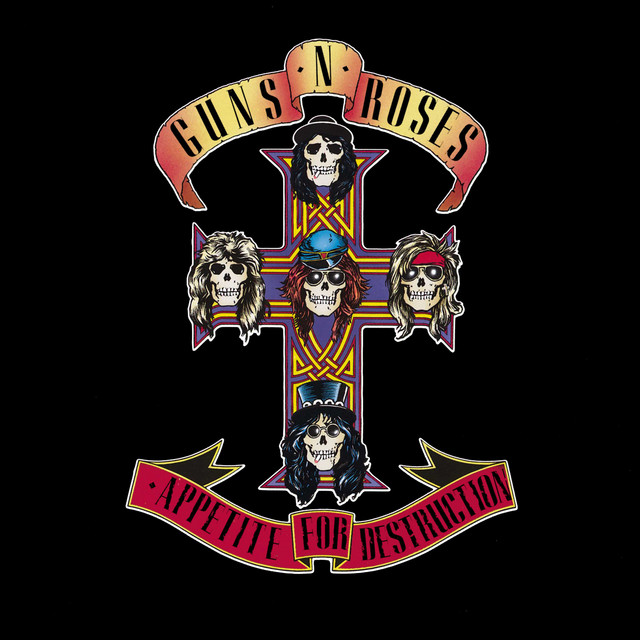
Sunset Strip metalheads noticed riff similarities between these songs faster than parents spot new tattoos on teenagers trying to hide them. Perhaps Guns N’ Roses thought changing a few notes would be enough disguise – about as effective as Superman’s glasses-only identity protection.
Black Sabbath’s version brings darker vibes while GNR’s has more party energy – like comparing Wednesday Addams to a spring break influencer. Both tracks kick off with suspiciously similar guitar work that raised more eyebrows than celebrity plastic surgery reveals.
Dedicated fans raised questions while acknowledging both bands created distinct interpretations – like different directors remaking the same movie with unique visions. These riffs trigger different emotions despite structural similarities, like how identical twins develop completely different personalities. No legal action was ever filed between the bands despite the ongoing fan debate.
1. Creep (Radiohead) vs. The Air That I Breathe (The Hollies)
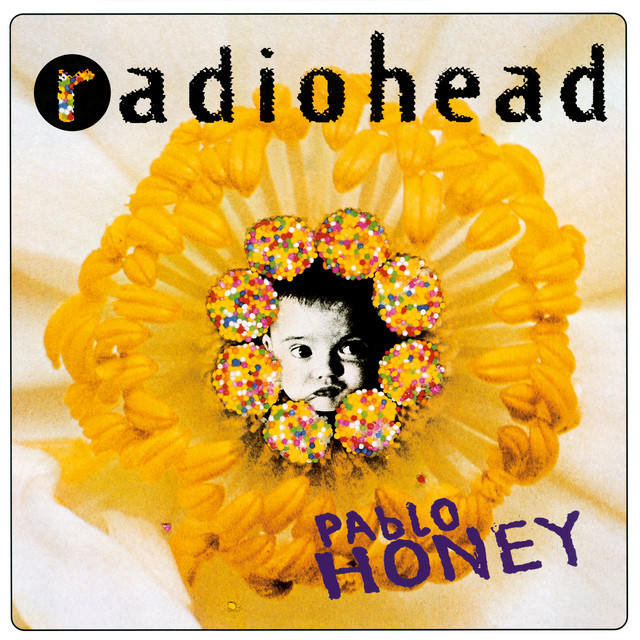
Commercial success guarantees happiness about as reliably as those “miracle” weight loss products deliver results. Radiohead discovered this when their breakthrough hit created legal spaghetti more tangled than earbuds after five minutes in a pocket.
They surrendered significant songwriting royalties to Albert Hammond and Mike Hazelwood with all the enthusiasm of someone paying for a gym membership they never use. The twist? Radiohead later accused other artists of copying them – serving irony hotter than those TikTok food trends everyone attempts once.
Lyrical similarities between these songs caused more problems than autocorrect during important text conversations. This situation illustrates music industry legalities more complex than explaining cryptocurrency to grandparents. Never assume commercial success prevents copyright challenges – that’s like thinking verified social media accounts guarantee trustworthy content.










